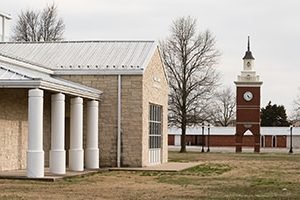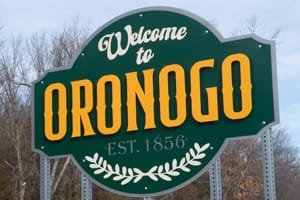
The story of Korah’s revolt is found in Numbers 16. The uprising eventually led to a showdown in which Moses told those who followed God to move away from the troublemakers, as God was about to judge the treacherous rebels. In verses 28-33, the ground opened and swallowed the defiant ringleaders along with their homes and belongings. As if that were not enough, in verse 35, lightning struck the other rebellious leaders as they attempted to offer incense to God, something only priests were allowed to do.
Ten chapters later in the book of Numbers, we learn that Korah’s sons had not supported their father in his traitorous attempt to overthrow Moses. Though those who joined the rebellion were judged and died, Numbers 26:11 records, “…the sons of Korah did not die that day.” (NLT)
It would be easy to assume that the sons of this infamous Jewish family would quietly fade into Israel’s history without leaving a trace, but this is not what happened. In 2 Chronicles 20:19, we learn that God did not disqualify these famous sons; instead, they became some of Israel’s most influential worship leaders.
The sons of Korah did more than merely lead the nation to praise God in worship services; 10 of the songs they wrote are preserved in the book of Psalms. All this is from a family famous for their forefather’s horrendous failure.
Does our own family of origin affect the person we become? The answer is, of course, yes. Without doubt, family plays a pivotal role in who we turn out to be. Just because every family has its share of failures does not mean our family heritage defines us completely. Our life experiences, the people we respect, the friends we make, and many other influences all play a role in who we become.
Nearly everyone knows someone who grew up in a dysfunctional home but refused to let their family define who they became. As the sons of Korah demonstrate, God deals with each of us as individuals; he does not write us off because of our parents’ mistakes.



